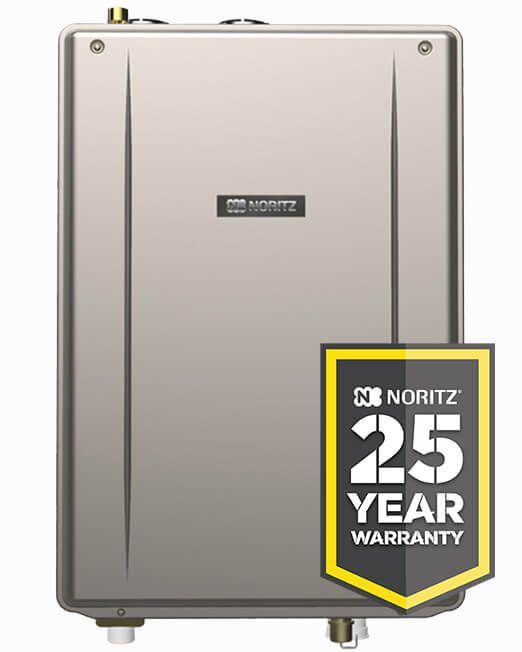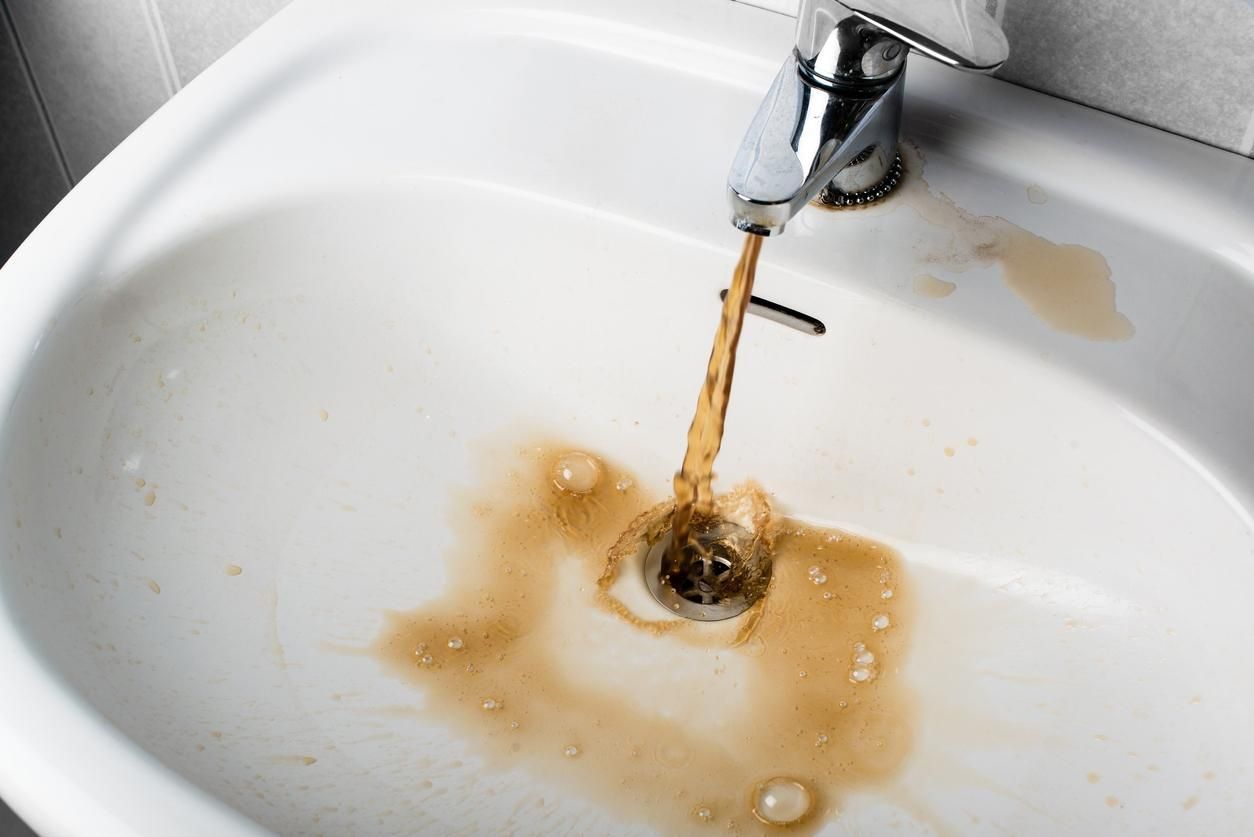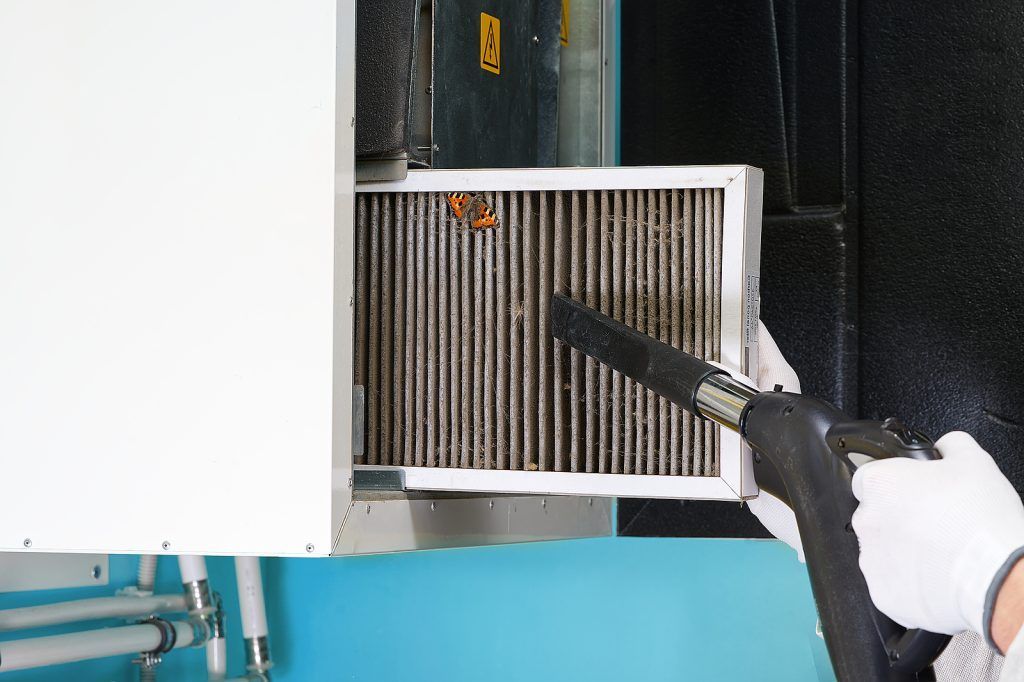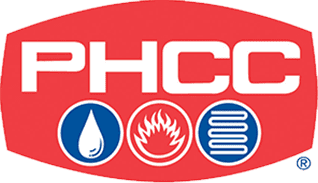The Homeowner’s Guide To 40-Gallon Gas Water Heaters
SHARE THIS POST
When it’s time to buy a new car or phone, it’s normal to do your research to make sure you’re getting the best fit for you. The same should go for when you need a NEW WATER HEATER in your home.
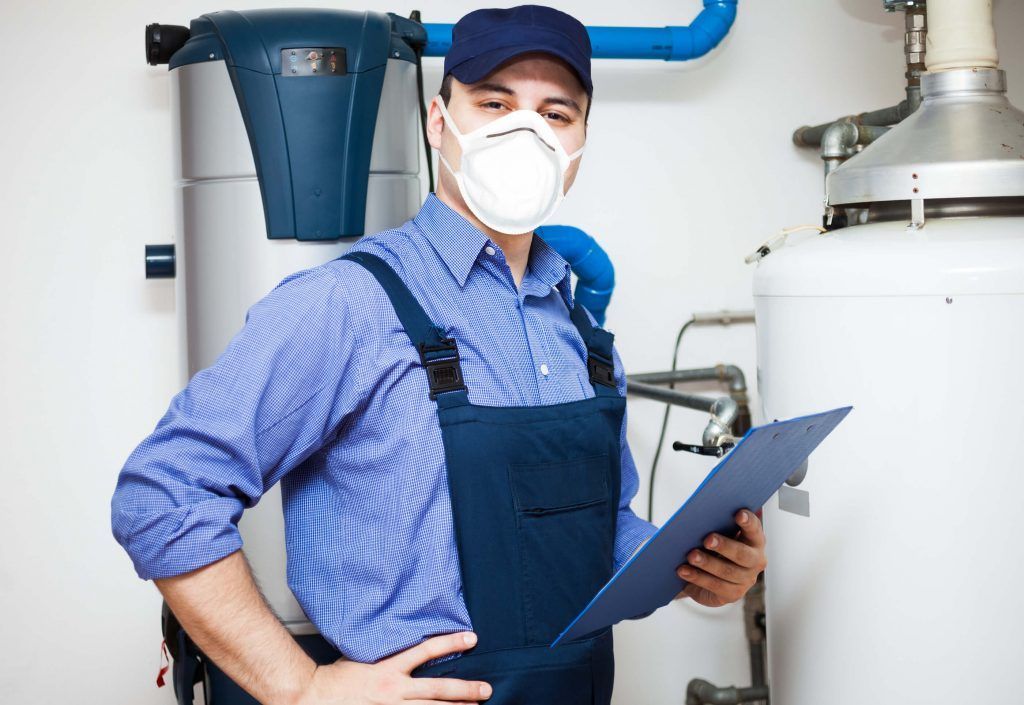
But for many of our customers, looking at water heaters in a home improvement store can be overwhelming. If you’re not sure where to start, we’re here to help. In this article, we’ll explain why 40-gallon gas water heaters are one of the most popular types of water heaters, and explain some of the different features you may find.
How Gas Water Heaters Work
Tank water heaters are typically available in two different heat sources – electricity and natural gas. In most cases, gas water heaters are less expensive to operate on a monthly basis due to lower energy costs.
The water heater is connected to the natural gas line. The gas flows to a burner, which ignites and heats up the water in the tank. The water is stored and kept warm in the tank until an outlet in the home is opened such as a sink faucet, shower faucet, outdoor spigot, or appliance.
Types Of Venting
The heating process of burning natural gas creates a combustion gas that needs to be vented outside to prevent dangerous carbon monoxide from entering the home. There are two ways a gas water heater can be vented.
- Draft induced water heaters use a fan to suck the combustion gas up through a vertical exhaust pipe, usually through a chimney
- A power-vented water heater uses a blower to push the combustion gas through a PVC plastic pipe that runs horizontally through the home to reach the exterior
Recommend Size For Your Household
When choosing a new tank water heater, one of the first considerations is what capacity of hot water your household will need. A good starting point is to look at how many people are in your household.
A 40-gallon gas water heater can typically store enough hot water for 2-4 people. Since the average U.S. household is 2.6 people, the 40-gallon tank is one of the most popular sizes of tank water heaters. If you have more than four people in your home, you may need a larger size, such as 50 or 60 gallons.
Ultra-Low Nox Water Heaters
In certain parts of California, any new water heater installed in a home must be an ultra-low NOx model. NOx stands for nitrogen oxides, which are gases that are released by machines that burn natural gas, including tank water heaters.
To reduce the amount of NOx being released into the air that can harm the environment, California’s South Coast Air Quality Management District (SCAQMD) and the San Joaquin Valley Air Pollution Control District (SJVAPCD) passed laws that require new water heaters that are rated for NOx emissions of less than 14 nanograms per joule. To make things simpler, you can look at ultra-low NOx water heaters, which means it complies with these new California laws.
Signs Your Gas Water Heater Needs Repairs
When you notice any changes in the performance of your gas water heater, it’s important to pay attention and determine whether you need to call a professional for repairs. Here are some common signs that may indicate that your gas water heater needs repairs:
- Unusual Noises – If you hear loud banging, popping or rumbling noises coming from your water heater, this could be a sign that sediment has built up in the tank. This can cause damage to the heating elements and should be serviced right away.
- Leaks – If you notice water pooling around your gas water heater or signs of wetness on its sides, this could indicate some type of leak. Leaks can threaten the integrity of your appliance and should be addressed as soon as possible.
- Weak Water Flow – A decrease in water pressure could mean that there is a blockage in the pipes, which needs to be cleared out. It could also indicate a more serious problem with the heating element or tank itself.
- Discolored Water – If you notice that the water coming out of your faucets is discolored or rusty, this could be a sign that your gas water heater needs to be serviced. The rust could have built up in the tank over time and should be addressed right away.
- High Utility Bills – If you’ve noticed that your utility bills have been going up even though you haven’t changed your usage habits, this could indicate an issue with the efficiency of your gas water heater. It may be time to call a professional for repairs or upgrades.
When it comes to repairing or replacing a gas water heater, it’s best to call a professional for advice and assistance. They will be able to assess the situation and provide you with the best possible solution. Don’t wait too long if you notice any of these signs – contact your local repair technician right away!
Other Things You Should Know
First Hour Rating – The FIRST HOUR RATING (FHR) is a number that shows how much hot water the tank can produce in an hour. The higher the FHR, the more hot water you’ll get when you open up multiple appliances at once.
Peak Hour Demand – This is the maximum amount of hot water you can get in an hour during periods of peak demand. It’s based on the FHR and the capacity of your tank water heater. To find your peak hour demand, you need to find out the time that you take up the most hot water in your house.
Water Heater Experts Serving Los Banos, Turlock, Merced and Patterson
There are many benefits to buying a new water heater from a local plumber. As professionals, we have a deeper understanding of the products we carry as well as local codes and laws. We can also help you maintain the warranty of your new water.
For help picking out the best gas water heater for your home, call ALL AMERICAN PLUMBING, HEATING & AIR at (209) 337-3721.
OUR RECENT ARTICLES
